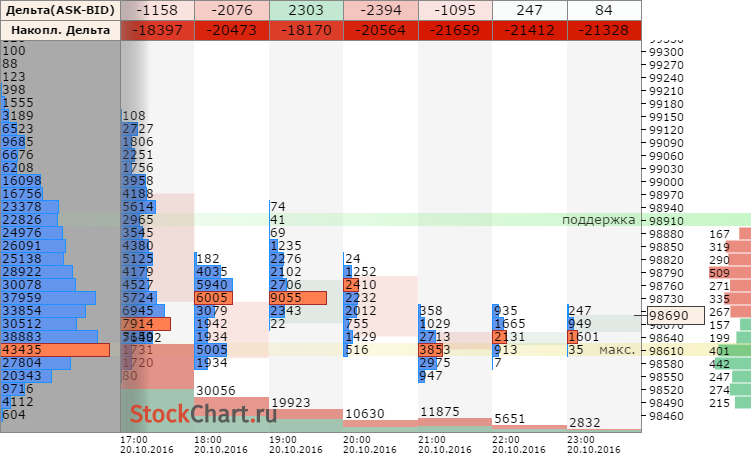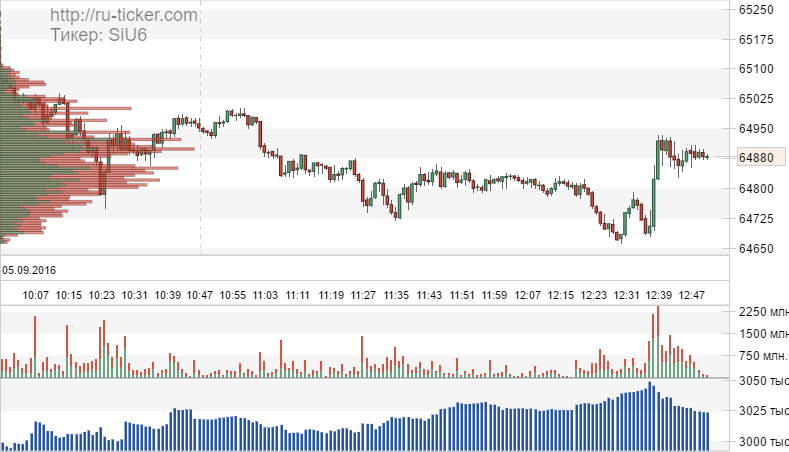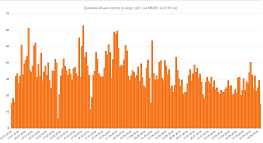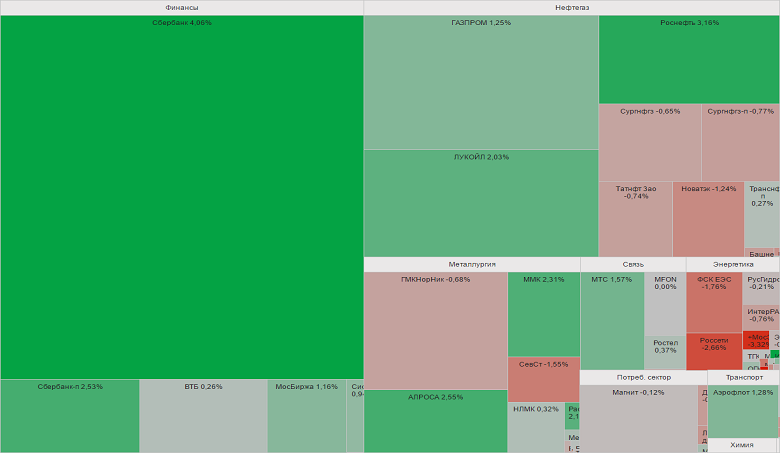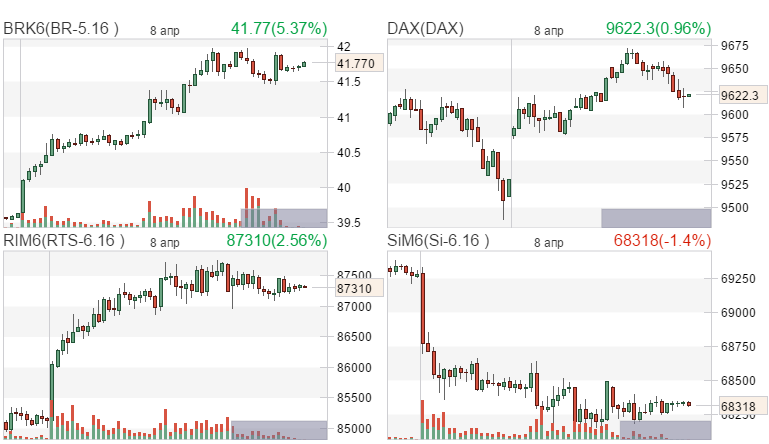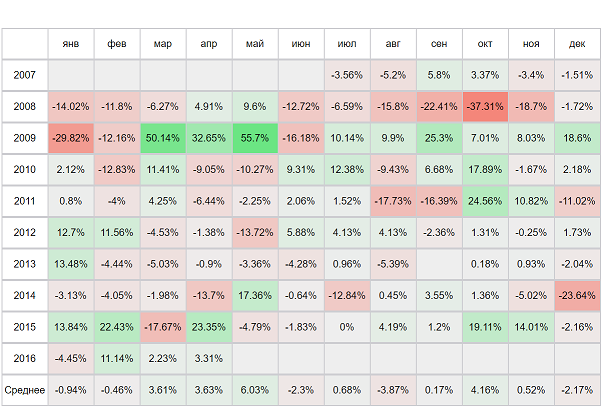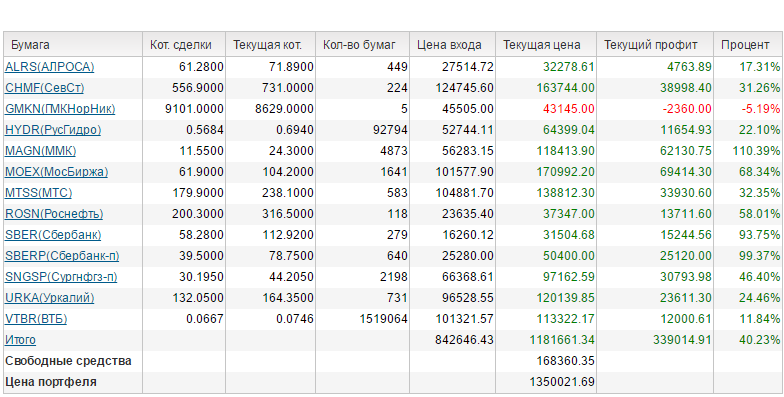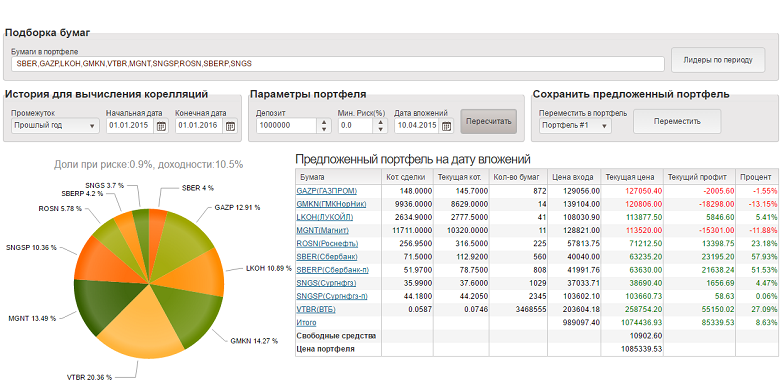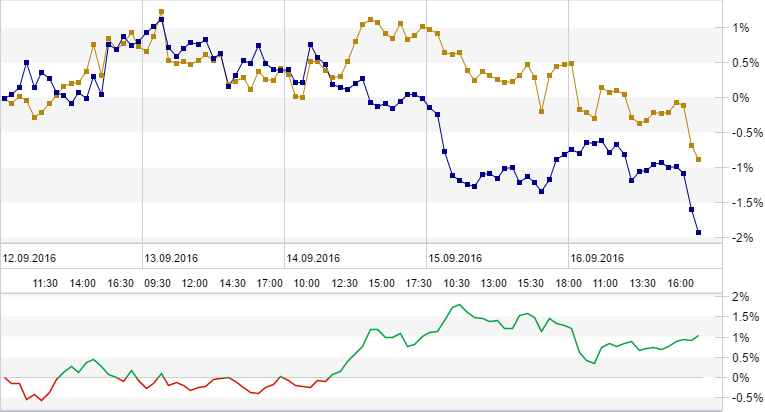 |  |  | |||||||||||
 |
|
||||||||||||
 |  |  | |||||||||||||||
 |
|
||||||||||||||||

Техническая поддержка
ONLINE
 |  |  | |||||||||||||||||
 |
|
||||||||||||||||||
Deflation | Inflation | Finance & Capital Markets | Khan Academy
ruticker 08.03.2025 21:05:03 Recognized text from YouScriptor channel Khan Academy
Recognized from a YouTube video by YouScriptor.com, For more details, follow the link Deflation | Inflation | Finance & Capital Markets | Khan Academy
Deflation is literally just a lowering of prices or a general decrease in the level of prices for goods and services. Another way to think about it is that since inflation is an increase in the level of prices, you can view deflation as **negative inflation**. Let's say you were the folks at the Bureau of Labor Statistics, and you were trying to compute the CPI index. In one period, let's call this **Period One**, we have our CPI index for urban consumers, which is the one that's quoted most often. We have this basket of goods that includes: - Housing - Transportation - Fuel - A proxy for entertainment or other items Let's say in **Period One**, this basket of goods runs at an average of **100**. Then we go to **Period Two** and look at that same basket of goods. Maybe we're adjusting certain things; perhaps some products have become obsolete, and we have to replace them or make adjustments for technology. That's all under debate regarding how you should adjust them. Assuming everything else is equal, that same basket of goods is now running at **$98**. So, the total cost of goods and services for this average consumer has gone down by **$2**, or we could say that we've experienced **2% deflation**, which is really just another way of saying that we have experienced deflation. Now, deflation is not the norm, especially for growing economies, the way that our current economic systems run. Although it does happen, Japan is probably the most recent and famous case of deflation. The main reason why economists really don't like deflation, or I should say, in particular, why central bankers really don't like deflation, is that it makes it much harder to control the economy or to fuel the economy with interest rates alone or just with printing money. One thing I do want to make clear is that although deflation isn't what we normally see in the broader economy as a whole, it does happen very frequently in specific sectors. The most common one is in the **technology sector**, specifically hardware. We've all experienced buying a laptop at one point. For example, right now, you might buy a laptop for **$1,000**, and then six months later, you see that exact same laptop for **$500**. This is just because the rate of technological innovation is going so fast that they can produce the same amount of memory and processing power for a lot cheaper. Now, for the same amount of money, you can get much more memory and processing power, and you see this with laptops, big screen TVs, phones, and all the rest.
Залогинтесь, что бы оставить свой комментарий

